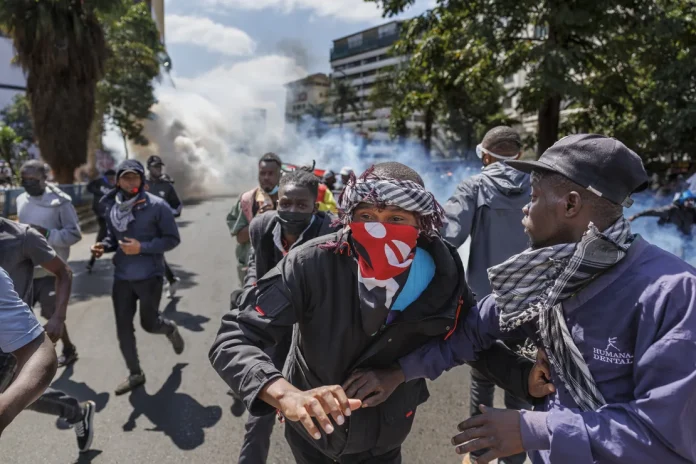Kenyan President William Ruto refused to sign the law on the budget, because of which protests started in the country. A statement by the head of state was published by Kenyan media.
Ruto said:
Having reflected on the discussion of the content of the bill, I will refuse to approve it.
Citizens’ dissatisfaction with the bill was the cause of mass protests that led to “loss of life, destruction of property and desecration of constitutional institutions,” the Kenyan President added.
Ruto proposed additional austerity measures. In particular, spending cuts will affect the presidential office – funding will be cut for operational expenses, travel, repairs and the purchase of transport for the presidential administration.
Ruto also called for an intersectoral meeting on the bill with all stakeholders. The talks should take place within the next fortnight.
The budget bill as amended by the president has been sent to parliament. MPs will consider the updated document after the recess on July 23.
The protests in Kenya began amid a proposal by the president’s office to amend the budget law and raise a number of taxes. The Ruto administration said the increases were necessary to fill state coffers and reduce dependence on foreign borrowing.
The authorities proposed a 16 per cent VAT on bread, sugar transport, mobile and financial services. The bill envisaged an excise tax on vegetable oil and a 2.5% tax on motor vehicles.
On June 25, protesters broke through the cordon and entered the territory of the Parliament in Nairobi. As a result of the protests 13 people died, hundreds were injured. The country is in a state of emergency.
